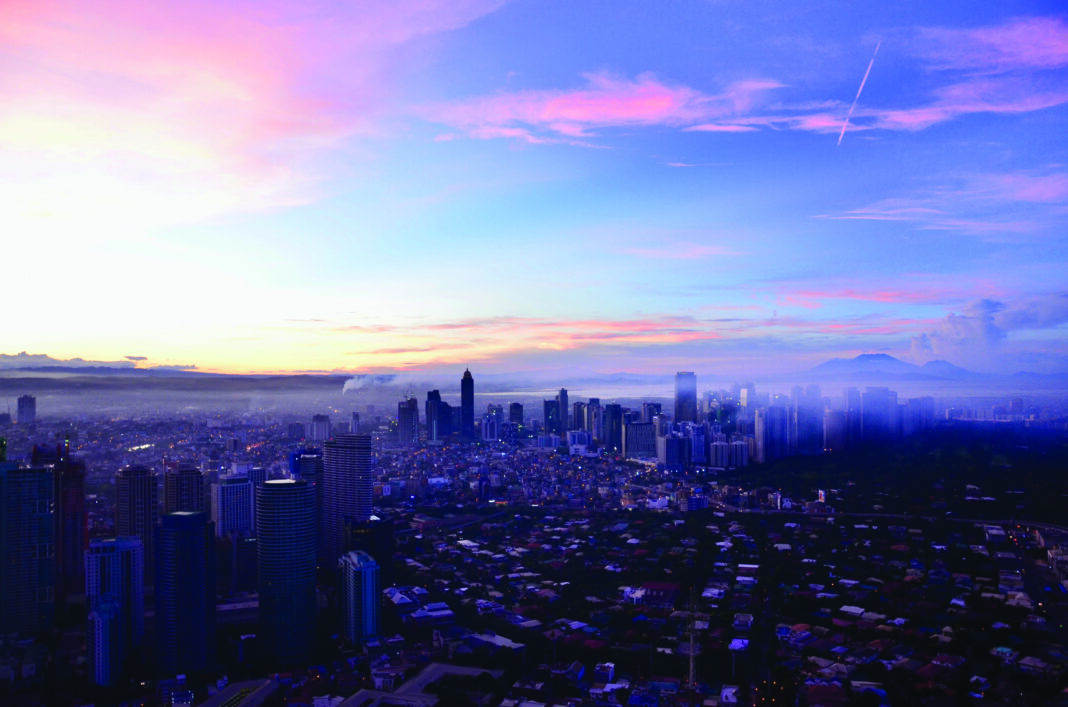Authorities in the Philippines say that the nation recorded more than four times more POGO-related crimes in 2022 than in 2019, with a total of 40 offshore-gaming-related offenses, just shy of the highest number of cases ever reported – 42 – in 2021.
The figure compares to just nine POGO-related crimes reported in 2019, with zero cases recorded in both 2017 and 2018.
In total, some 102 POGO-linked cases have been reported since 2019, but only 35 of these have actually made it into court and only one of these led to an actual conviction.
The incidents comprise reports of illegal detention, ransom and kidnapping.
Of the 102 total crimes reported during the period, with 316 victims of nine groups were identified.
Of the victims, 214 were from China and five from Taiwan, 28 were from the Philippines, 28 from Thailand, 24 from Myanmar, eight from Malaysia, six from Vietnam, two from Mongolia and one from Japan.
A head of the nation’s police investigation unit noted that 299 of the total had been rescued, whereas 16 were injured and one died, according to reports.
Speaking to media, the president of the Movement for Restoration of Peace and Order in the nation stated that if the government does not revoke POGO licenses, it “serves only as a message to the criminal involved that they can continue their criminal activities with impunity”.
The debate over the risks and benefits of POGOs has been raging in the nation recently, with the country’s president saying they would only be allowed to continue to operate if the rewards were higher than the risks.
PAGCOR has already spoken up about the industry, which employs over 20,000 people, protecting its importance and reform possibilities, earlier this month stating that “there have been no reported criminal activities or kidnapping-related incidents of workers in the offshore licensing industry for over three months”.
Philippine officials and rights protection groups are now trading accusations over alleged human trafficking, firearms and kidnapping claims allegedly related to POGOs, with individuals on both sides of the issue being pressed to provide proof to substantiate numerous claims which have been raised in the public sphere.
The offshore gaming licensees do have a strong contribution to the nation’s economy, however a recent survey cited by a Senate chairperson looking into the necessity for POGOs found that 58 percent of the respondents thought that POGOs were harmful to the nation.
The nation’s gaming watchdog, PAGCOR, is also currently under fire over its contracting of an audit firm hired to handle financial matters relating to POGOs.
Philippine media now report that the company – Global ComRCI – had never received a bank certification, despite having received a 10-year audit contract from PAGCOR in 2017 to oversee POGOs.
The watchdog says that it is currently in contact with the audit company and is “assessing the contract’s terms and conditions and the company’s performance”.
The New York-based bank which allegedly issued the bank certification – Soleil Chartered Bank (SCB) – denies having ever issued the bank certification for the auditor, despite authorities receiving one dated June of 2017.
The US-based firm also rejected that the auditor had a bank account with SCB New York and noted that the company does not, in fact, issue guarantees to clients.























